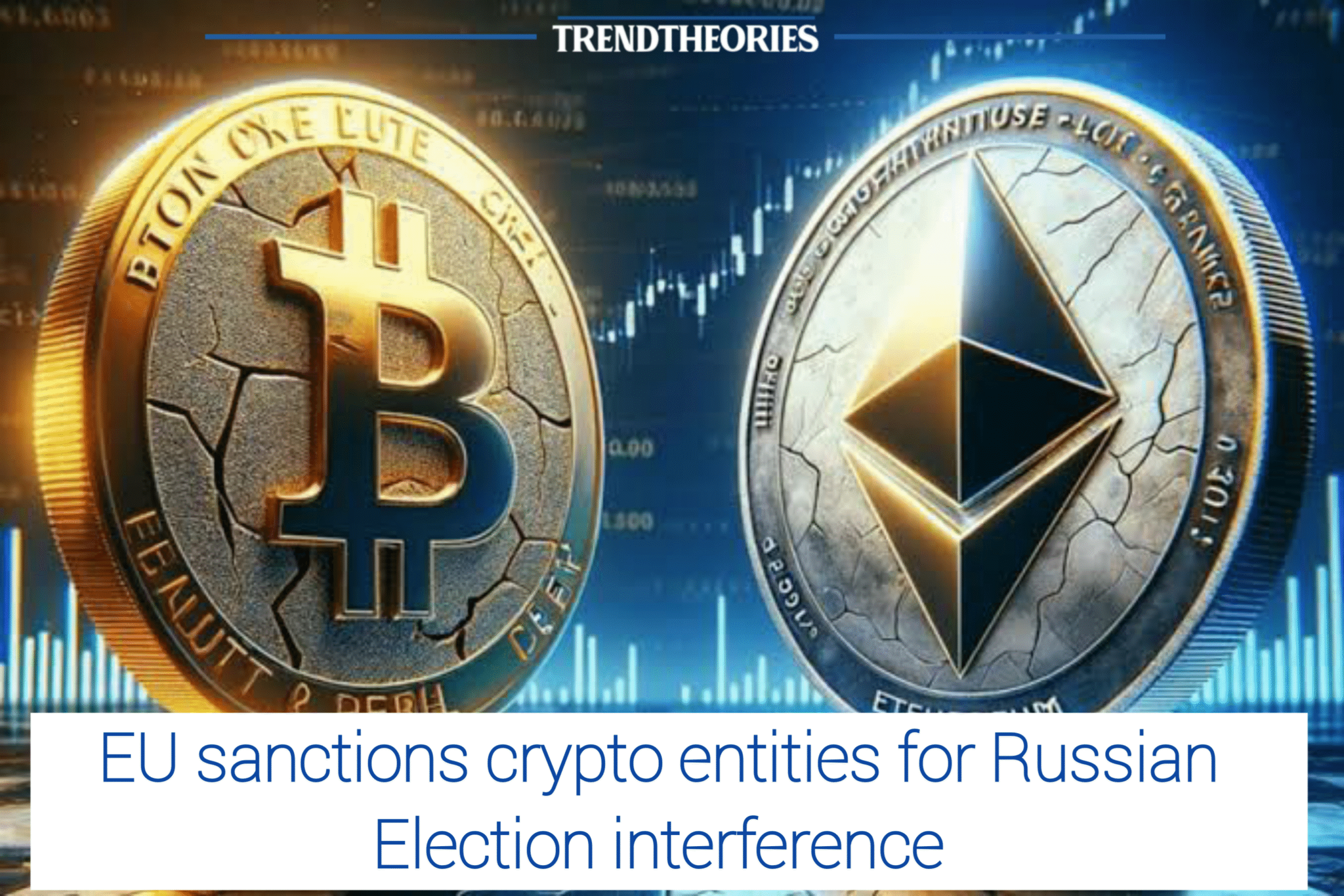EU Sanctions Crypto Entities for Russian Election Interference and Disinformation Campaigns
The European Union has imposed sanctions on nine individuals and six entities for leveraging cryptocurrencies to evade restrictions, fund pro-Russian disinformation, and interfere in elections, as part of its Common Foreign and Security Policy announced on July 15, 2025.
Among those targeted is Kremlin-linked influencer Simeon Boikov, known as “Aussie Cossack,” for spreading pro-Russian narratives, including a fabricated video alleging voter fraud in Georgia during the 2024 U.S. election. Boikov raised funds through cash, cryptocurrencies, high-risk Russian exchanges without KYC checks, darknet markets, and cash-to-crypto services, according to blockchain analysis by TRM Labs.
The sanctions also target A7 OOO, a Moldova-based firm founded by fugitive oligarch Ilan Shor, accused of manipulating Moldova’s 2024 presidential election and EU accession referendum through vote buying. A7 OOO reportedly moved $1 billion out of three Moldovan banks and is linked to the A7A5 ruble-backed stablecoin, a primary transaction tool on the Grinex crypto exchange, seen as a successor to the sanctioned Russian platform Garantex.
The United Kingdom previously sanctioned A7 OOO in May 2025 for similar election meddling. TRM Labs noted: “By targeting both individuals and infrastructure that enable these tactics, the EU is signaling a broader strategic shift toward disrupting the full lifecycle of influence operations, from funding flows to narrative dissemination.”
A7 OOO and Grinex are believed to facilitate cross-border trade, including the import of dual-use goods – technologies with civilian and military applications, like processors or materials – from China to Russia via Central Asia, following Russia’s invasion of Ukraine.
These activities highlight cryptocurrency’s role in sanctions evasion, with A7A5 reportedly moving billions to bypass Western restrictions. The EU’s actions aim to curb such hybrid threats, reinforcing its commitment to safeguarding democratic processes.



